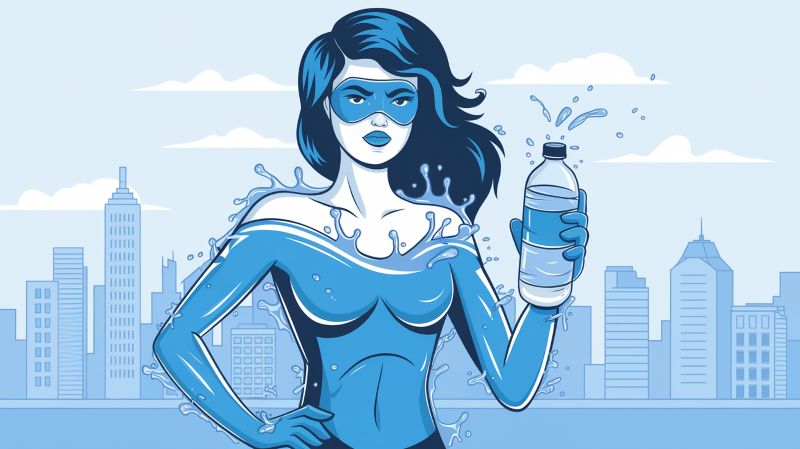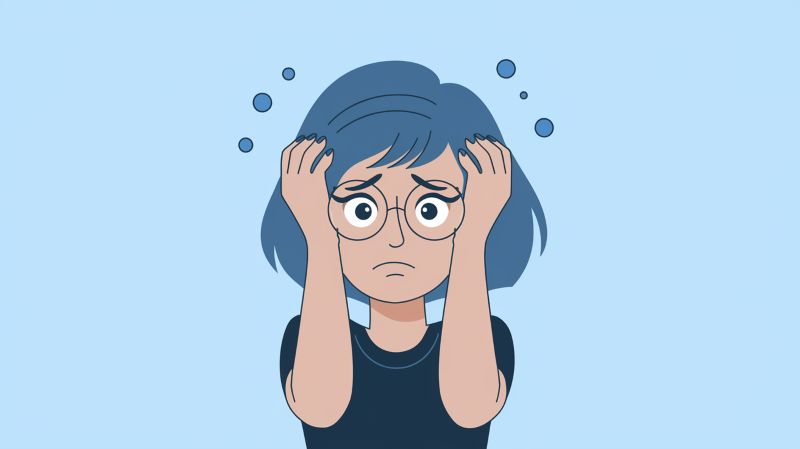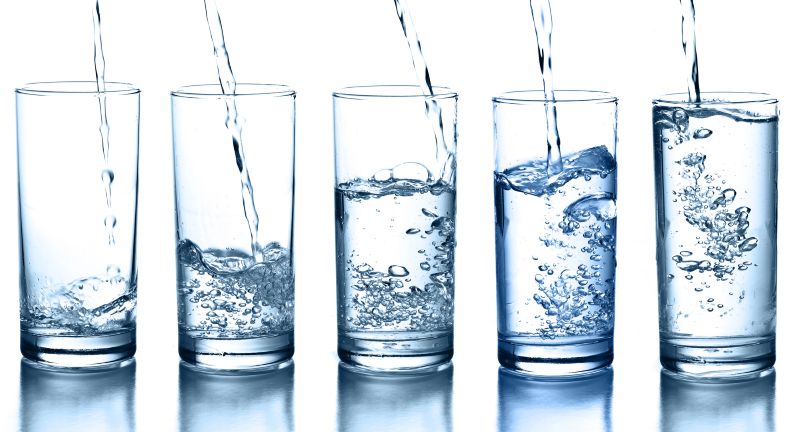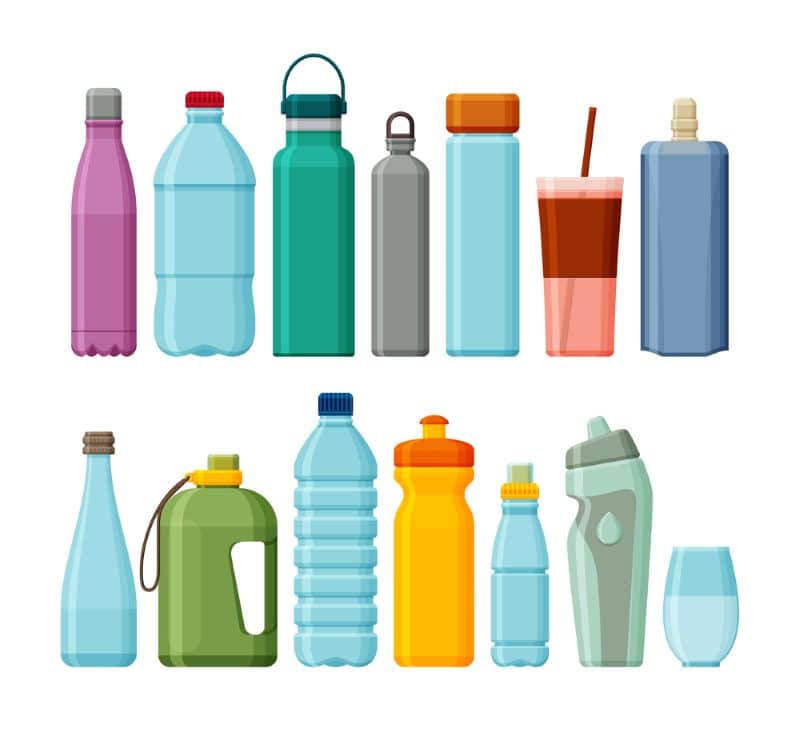Staying Hydrated Can Help You Feel Better During Menopause
Water has always been essential for keeping our bodies running smoothly, but during menopause, it takes on an even bigger role. With all the changes your body is navigating—hormonal shifts, hot flashes, and everything in between—paying attention to your hydration isn’t just important; it’s a lifeline for helping with symptoms and feeling your best.
Let’s explore why fluids matter so much now, how menopause impacts your hydration needs, and the simple ways you can keep your body balanced and thriving.
What is Hydration?
Water is your body's superhero – it makes up about 55%-60% of your body weight and keeps everything humming along smoothly. Think of it like watering a garden – your body needs fluids regularly to thrive-not just when you you’re wilting.
When you don’t get enough fluids, you become dehydrated. And dehydration is no small thing—it can sap your energy, mess with your ability to concentrate, and even throw off how well your body regulates its temperature.

Why Menopause Changes Your Hydration Needs
Menopause is like hitting the reset button on how your body works, and that includes how it handles water.
Research shows that menopause significantly impacts your fluid balance. Here’s what’s happening behind the scenes:
- Your “water gauge” becomes less accurate: Your thirst signals aren’t as reliable as they used to be. You might not feel thirsty even when your body needs fluids.
- Shifting hormone levels: Estrogen levels play a big role in fluid regulation, and as those levels drop, your body’s water balance shifts.
- Aging kidneys: They work a bit slower—nothing alarming, just a natural part of aging that affects how efficiently your body processes fluids.
- Increased sensitivity to fluid imbalances: Your body is quicker to feel the effects of dehydration, making it even more important to stay ahead of your water needs.
How Dehydration Affects Menopausal Symptoms

Not drinking enough water can amplify menopause symptoms that already feel like they’re set to “extra.”
- Brain Fog: Have you walked into a room and forgotten why? Dehydration can make that fogginess worse, affecting both concentration and memory.
- Fatigue: When you’re dehydrated, your heart works harder to circulate nutrients and oxygen through your body, leaving you feeling like you’ve run a marathon—without the medal.
- Headaches: A common culprit behind those mid-afternoon headaches? Dehydration.
- Digestive Issues: Struggling with bloating or constipation? Staying hydrated keeps your digestive system moving along smoothly.
- Incontinence: It might sound counterintuitive, but proper hydration helps manage incontinence. When your urine becomes too concentrated, it can irritate your bladder, increasing urgency and frequency.
See: Menopause Bloating SOS: Remedies for Relief or Menopause and Constipation: Unlocking the Secrets to Relief

Menopause Nutrition Made Effortless
Quick Easy Meal Ideas for Midlife Women
Get this free resource simple, no-cook meal and snack ideas that keep you fueled, satisfied and thriving. No fancy ingredients or cooking skills required.
Life is busy and nourishing your body shouldn't feel overwhelming!
How Hydration Supports Long-Term Health
Hydration doesn’t just help with menopause symptoms; it’s also essential for our overall health as we age. Staying hydrated can support:
- Heart Health: Proper hydration helps maintain stable blood pressure and keeps your heart from working overtime.
- Bone and Joint Health: Staying hydrated keeps your joints lubricated and reduces stiffness, making it easier to move and stay active.
- Dry Skin: As hormones shift, many women notice their skin becoming drier or more sensitive. Staying hydrated helps maintain your skin’s natural moisture barrier, reducing dryness and the irritation that often comes with it.
How Much Water Do I Really Need?

We’ve all heard the “8-10 cups of water a day” rule. That can be a good place to start but fluid needs are individual. You might need more fluids if:
- You’re active (especially if you’re sweating it out in a workout).
- It’s a hot day and you’re out in the sun.
- You’re on medications that affect your fluid balance.
- You’re dealing with significant night sweats.
The key is to pay attention to your body’s signals—even if thirst isn’t always a reliable guide. One of the best indicators? The color of your urine. Pale yellow is a good sign you’re hydrated, while darker shades can mean you need to drink more water.
Your energy levels can also provide clues. If you’re feeling unusually sluggish or mentally foggy, it might be time to reach for a glass of water before assuming it’s something else.
See: Perimenopause Fatigue: How to Fight Back

5 Simple Ways to Stay Hydrated
Let’s make this easy, shall we? Staying hydrated doesn’t have to feel like a chore. Here are some practical tips:
- Make Mornings Count: Start your day with a glass of water before reaching for your coffee. Your body will thank you.
- Track It: Use a water bottle with marks (like a measuring cup) to track your progress throughout the day.
- Eat Your Water: Snack on hydrating foods like cucumber, watermelon, or oranges. Bonus: they’re refreshing and nutrient-packed! And don’t forget about soups, broths, and stews-they count too.
- Create Behaviour Triggers: Pair drinking water with daily habits, like taking a sip every time you check your phone or after every bathroom break.
- Jazz It Up: Plain water too blah? Add natural flavors like lemon slices, berries, or a sprig of mint to keep things interesting.
You could try: How to Make the Best Menopause Smoothie
Fluids You May Want to Avoid
There are some types of fluids you may want to minimize to stay hydrated. Consider cutting back on:
- Alcohol: It’s a diuretic, meaning it can dehydrate you even if it’s in liquid form.
- Sugary drinks: They don’t hydrate as efficiently and can cause energy crashes.
- Very hot beverages: They might trigger hot flashes (and who needs more of those?).
Also: Alcohol and Menopause: What women really need to know.
Hydration plays a vital role in helping your body navigate the changes of menopause. By staying mindful of your fluid intake, you can support everything from energy levels to digestion and even ease some common symptoms like fatigue and brain fog.
Simple habits—like sipping water throughout the day, enjoying hydrating foods, and keeping an eye on your urine color—can make a noticeable difference in how you feel.
What’s one small step you can take this week to improve your hydration?”
FAQ: Common Questions About Hydration and Menopause

Hi, I’m Sandra!
I’m a registered dietitian and body confidence coach specializing in midlife health and menopause nutrition.
I offer virtual nutrition counselling and coaching for women in British Columbia, Canada.
I help women thrive by moving away from restriction and toward nourishment—through practical strategies and compassionate support that honor your changing body.
My focus is on helping you feel confident, strong, and well-fed.
Learn more about working with me







